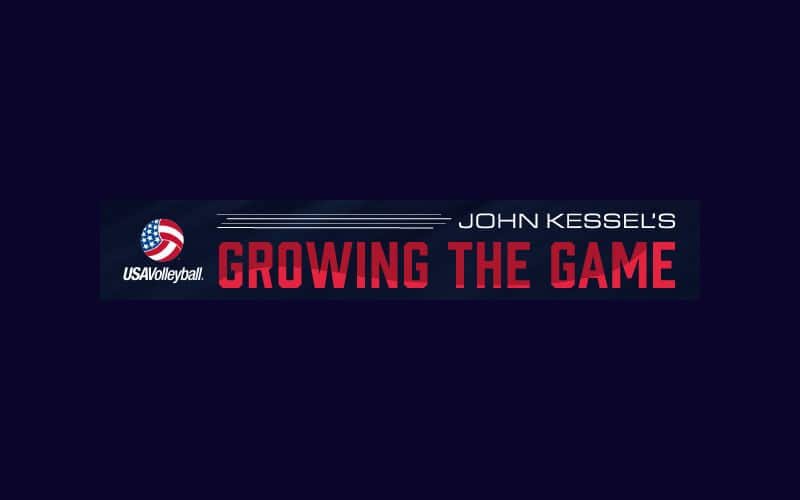
You may have already read that one of the more fascinating documentaries I own and sometimes share with players and coaches is about Caltech basketball, titled Quantum Hoops. It is a fascinating long look back at the history of the sport of basketball played at the California Institute of Technology, where “nature’s engineer” the beaver is the mascot. Well worth the watch, and lessons in teaching and leadership are threaded throughout. Narrated by David Duchovny, of “X” Files fame, the subtitle of the movie is “Before they change the world, they need to win just one game…” You can learn lots more from their official website – legends, players, view the trailer at http://www.quantumhoops.com/.
My favorite part of the movie, of so many wonderful moments, is about one of the Caltech coaches who thrived there for a decade. He came to Caltech from the Jr College ranks, with something like an 800-200 record, and having sent about a dozen players on to the NBA level. Pictures of him with John Wooden and other hoop greats were in his office. What was his record when he retired from Caltech? Something like 0-200. Not one win on the scoreboard. He developed some great leaders in life, yet did not win a single game. At one level he wins hundreds upon hundreds of matches, but when this great teacher moves over to CIT, victory on the scoresheet eludes him and the team.
What they lacked, versus their opponents, was simply basketball talent. In the movie the team of 2005 loses by an average of 60 points a match. You see, Caltech pretty much expects all applicants to have a perfect ACT/SAT score. They did not allow the coach to influence the selection process of the thousands of applicants. The coach simply has to wait to see who shows up at tryouts and often then begins to teach those students how to play basketball. Great learning lab for both skill and leadership, but starting so far behind other opponents in their conference who do get to ask for a smart basketball player or two each year out of the applicant pool, simply is hard to catch up to. What a great teacher, coach Gene Victor was, developing amazing leaders, while not winning a game all along the way. Imagine having a college team roster with more high school valedictorians than with players with basketball experience. For example, of the seniors on the 2006 team in the documentary, all making large team contributions over the season, none had any high school basketball experience.
So this short blog was brought to life due to reading recently that Caltech won. Won their first conference game since 1985. A basketball scoreboard losing streak of 310 games in a row, finally broken. Can you imagine the angst of your typical volleyball parent scoreboard police monitoring that scorekeeper over nearly three decades? That is 26 years of excellence in education – remember, we are talking CalTech here, school of astronauts and over 30 Nobel Prize winning students and professors – and just one NBA player ever – without a basketball team conference win in the school and local papers. To read more, I suggest both visiting the Caltech Basketball website and for all the Dartfish and Datavolley experts, this reflection on stat keeping and winning by Dean Oliver, Director of Production Analytics at ESPN.
In this day and age of clubs who base their success level on winning, I want to give a big high five to those clubs who don’t win as much on the scoreboard, but who focus on player empowerment and leadership development. Those coaches who can tell you that every player they had on their team last year, is playing the game this year also, even if another club recruited their son or daughter away from their team, as they give their players a love of the game. Those clubs who see many of their players return after, or even during college, to give back to the sport by coaching juniors like they once were. To give full effort to win is important, but winning in our wonderful, truest of team sports is out of one player’s control. It is more important that we create players who are leaders, problem solvers on their own, empowered to create and learn without the eyes of a coach upon them
I will close with one of my favorite quotes from Anson Dorrance, written about the women’s soccer great, Mia Hamm. He coached her all four years at University of North Carolina, and one evening leaving his office, saw her working out very hard on a field, all by herself. He then wrote his senior year captain Mia a note (take heed new coaches, a handwritten note to each of your players during the season is POWERFUL stuff, trust me…), which became the Vision of a Champion title to one of the best books for a volleyball player to read. The vision of a champion is someone who is bent over, drenched in sweat, at the point of exhaustion when no one else is watching.
